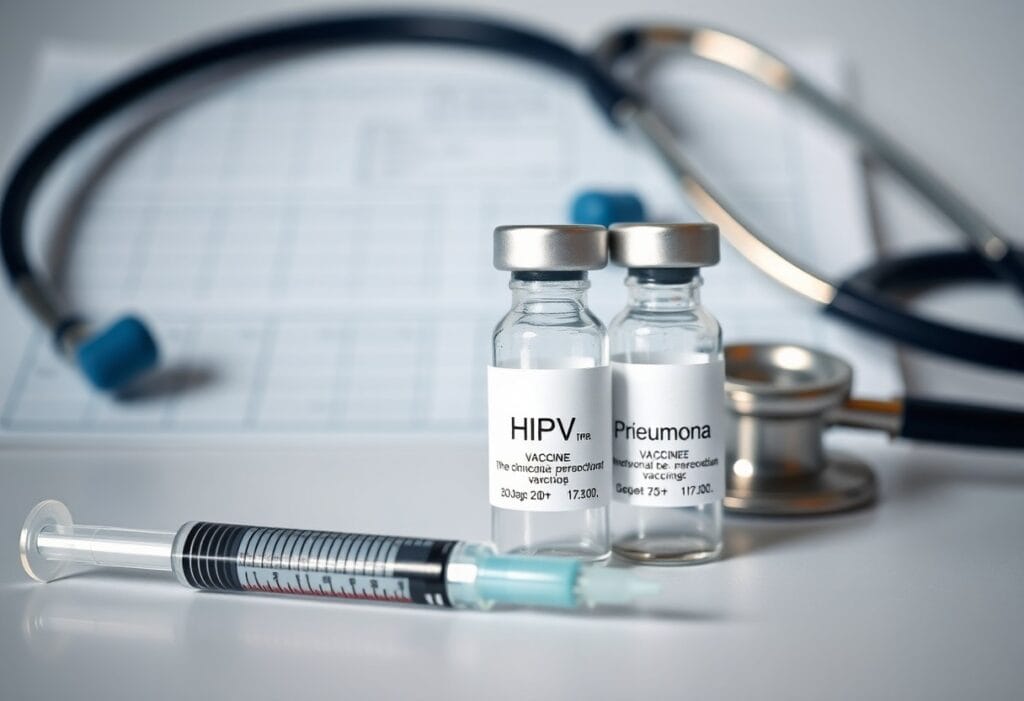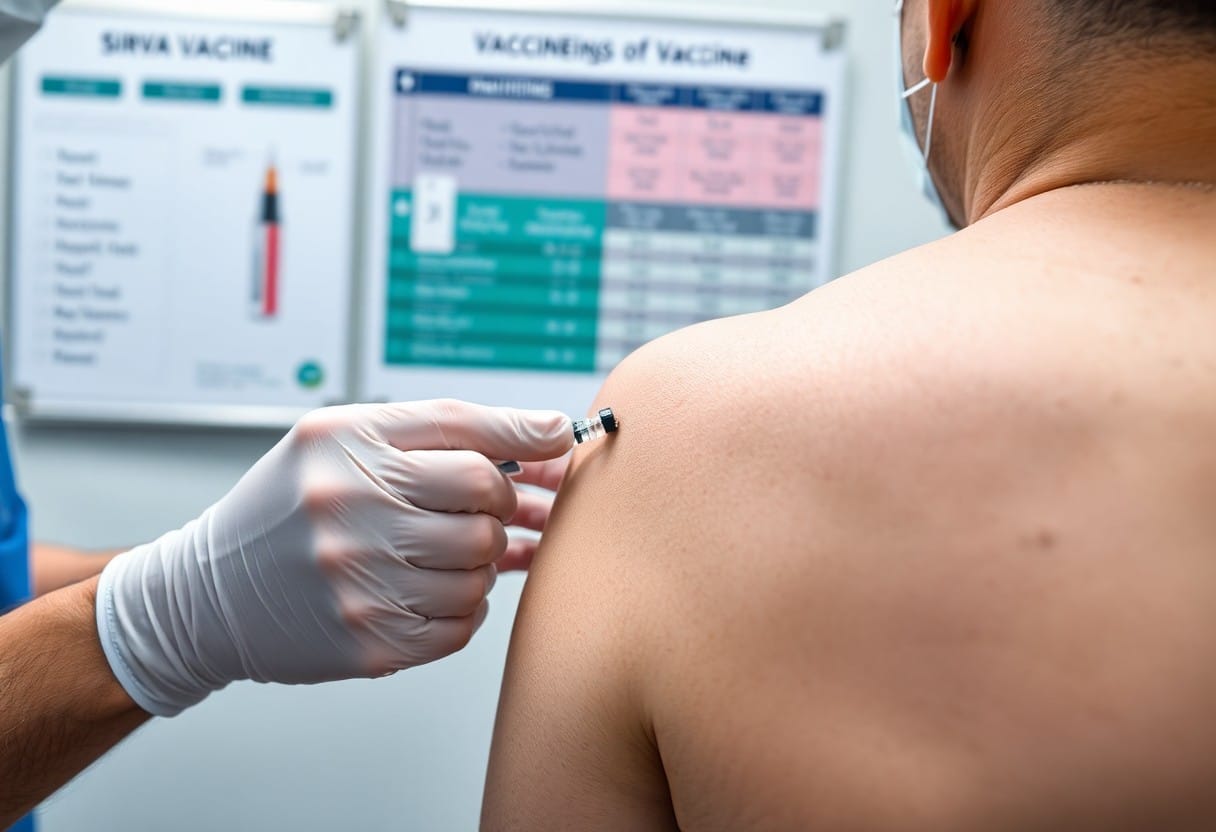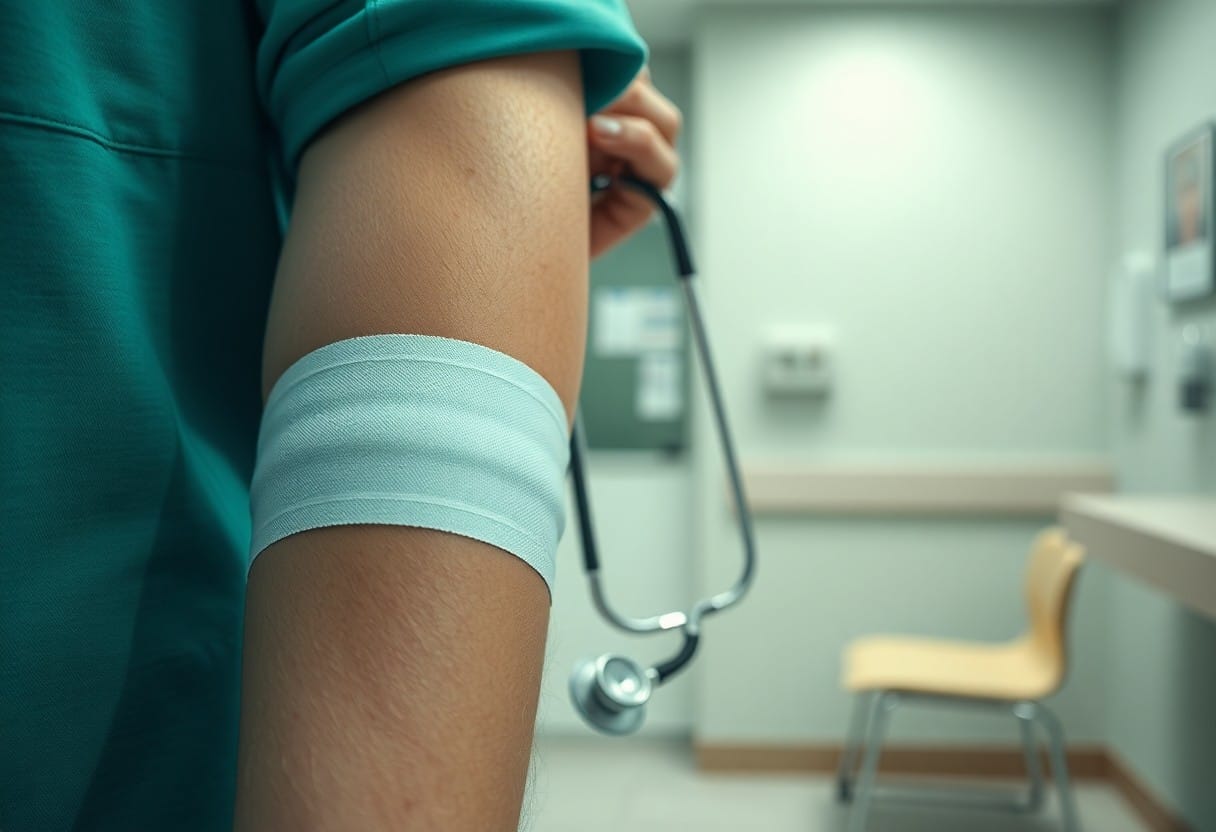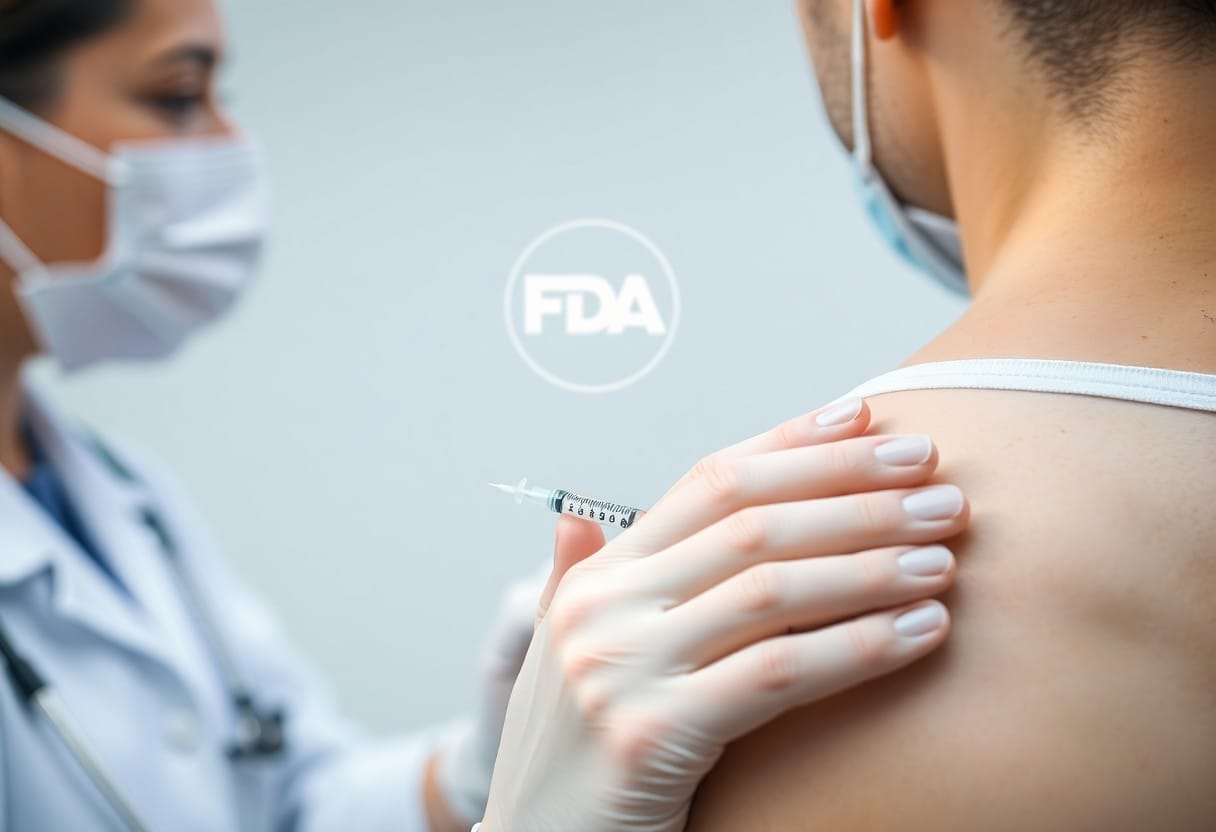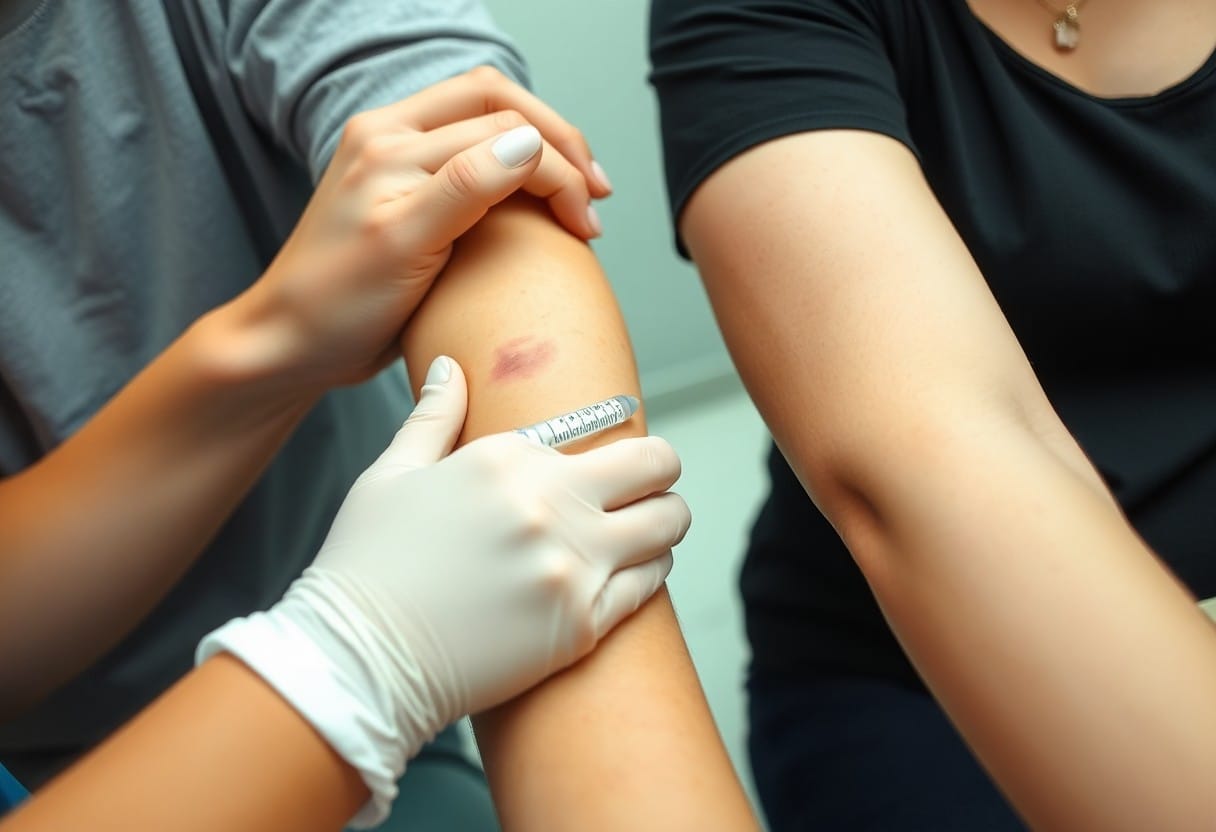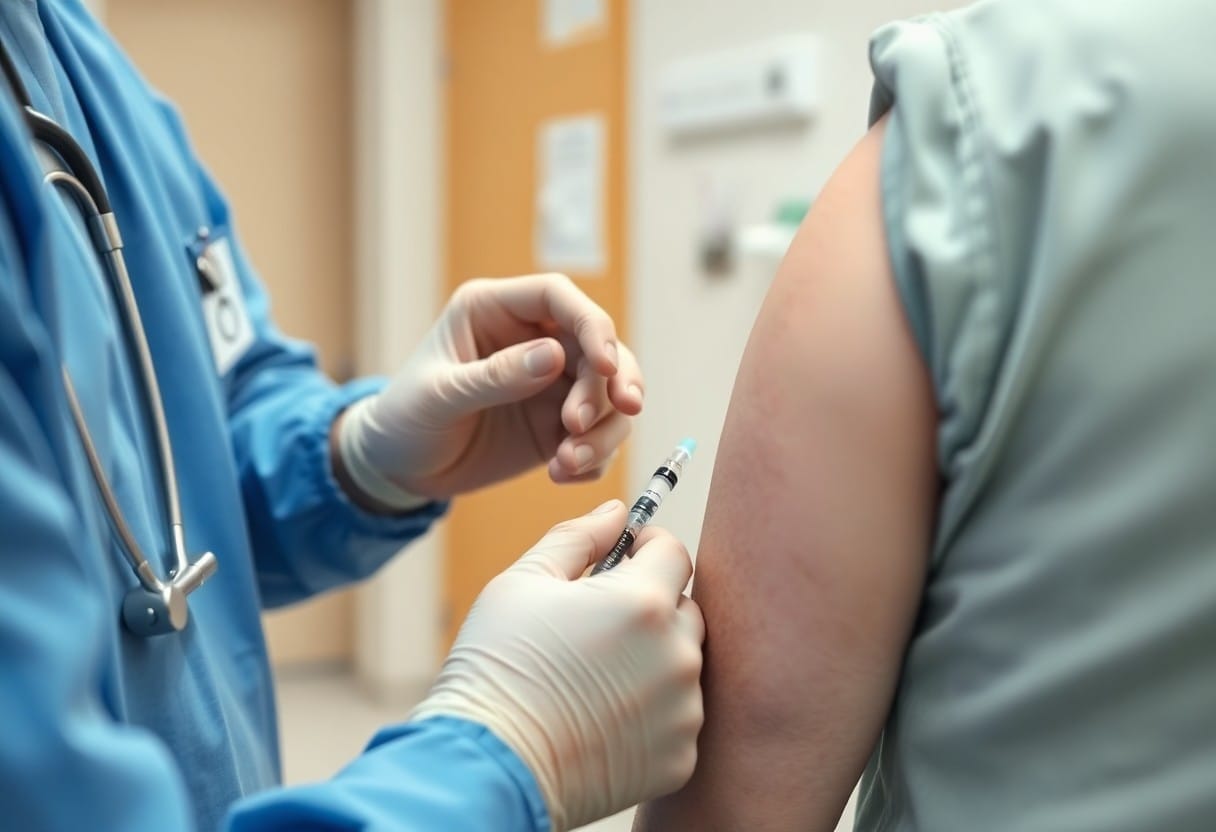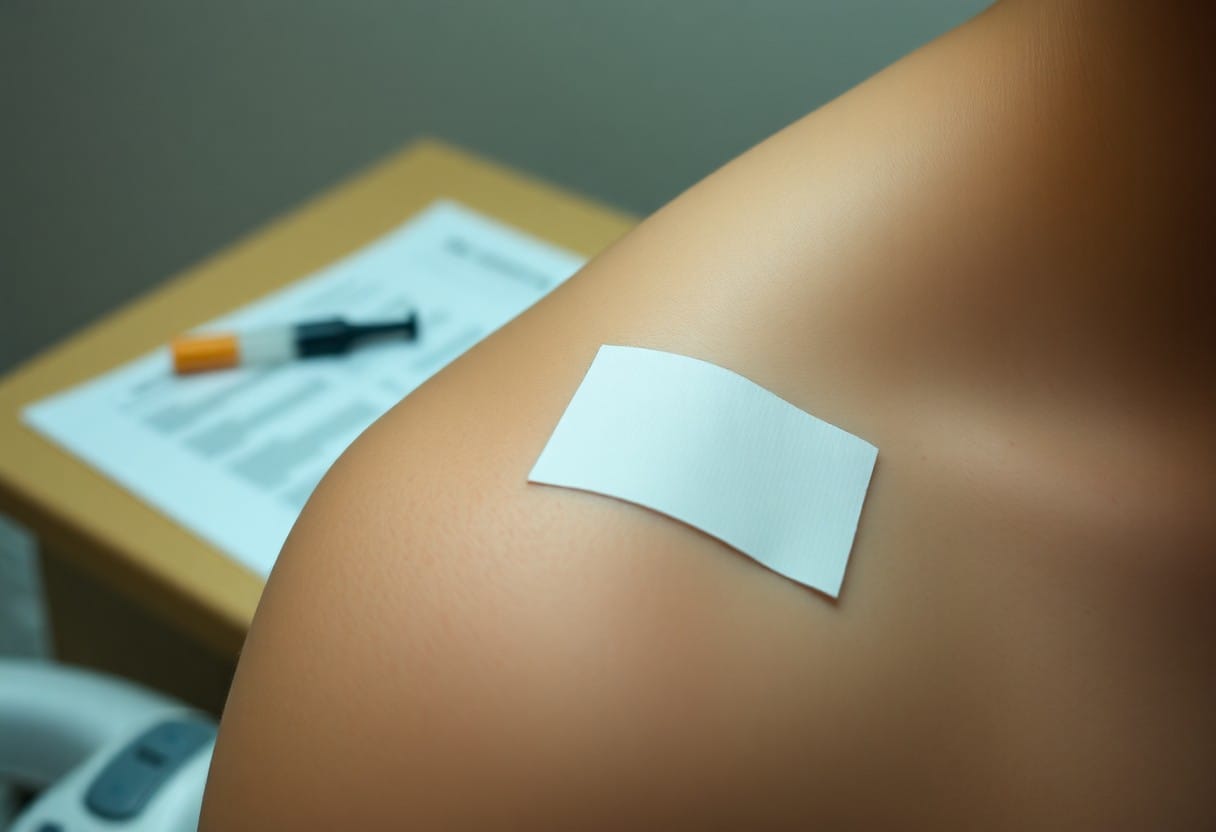SIRVA, or Shoulder Injury Related to Vaccine Administration, is a potential risk associated with the Tdap, HPV, and pneumonia vaccines that you may not be aware of. This condition can lead to pain, limited mobility, and even long-term disability if not properly addressed. Understanding the symptoms and preventative measures can help you make informed decisions about your vaccinations and overall health. In this blog post, we will probe into the hidden risks of these vaccines, ensuring you have the knowledge needed to protect yourself and your well-being.
Understanding SIRVA
To grasp the implications of SIRVA, or Shoulder Injury Related to Vaccine Administration, it’s imperative to recognize how it occurs and the potential consequences it can have on your health. This condition often arises from the improper placement of a vaccine, leading to complications that may stem from the injection site, impacting mobility and causing pain in your shoulder.
What is SIRVA?
By definition, SIRVA is a condition characterized by shoulder pain and dysfunction following a vaccination, primarily due to incorrect injection technique. It can occur with any vaccine administered intramuscularly but is particularly noted with the flu and Tdap vaccines.
Symptoms and Diagnosis
Around the onset of SIRVA, you may experience persistent shoulder pain, limited range of motion, and discomfort that often begins within a few days of vaccination. Diagnosis typically involves a thorough examination of your symptoms and medical history to distinguish SIRVA from other shoulder conditions.
Understanding the symptoms of SIRVA is vital for early intervention and effective management. The pain usually presents shortly after vaccination, impacting your daily activities significantly. Alongside pain, you may encounter stiffness and a noticeable decrease in mobility, making it important to seek medical evaluation. Diagnosis often includes physical examinations and imaging studies to confirm the link between your recent vaccination and shoulder injury. Prompt identification will ensure you receive appropriate treatment and help mitigate long-term complications.
Vaccines Overview
It is important to understand the importance of vaccines in preventing serious diseases, including tetanus, human papillomavirus (HPV), and pneumonia. Each vaccine serves a distinct purpose and protects against specific infections, contributing significantly to your health and well-being. Awareness of these vaccines and their associated risks, such as SIRVA, can help you make informed decisions regarding your immunization schedule.
Tdap Vaccine
Above all, the Tdap vaccine protects against three diseases: tetanus, diphtheria, and pertussis. This combination vaccine is especially important for pregnant women and those in close contact with infants, as it provides immunity to protect the youngest members of your family from whooping cough, which can be life-threatening in infants.
HPV Vaccine
On the other hand, the HPV vaccine targets human papillomavirus, a common sexually transmitted infection that can lead to various cancers, including cervical cancer. Vaccinating individuals at the recommended age can significantly reduce your risk of developing these cancers later in life.
Overview of the HPV vaccine indicates that it is most effective when administered before individuals become sexually active. This vaccine has the potential to prevent up to 90% of HPV-related cancers and diseases. Your healthcare provider can guide you on the appropriate timing and dosage for this critical vaccine.
Pneumonia Vaccine
Vaccines for pneumonia, such as the pneumococcal vaccine, protect against serious bacterial infections that can lead to pneumonia, meningitis, and bloodstream infections. It is particularly important for older adults and those with weakened immune systems, as their risk for these infections is higher.
It is important to know that the pneumonia vaccine can protect against various strains of bacteria, significantly lowering your chances of severe illness, hospitalization, and even death. Timely vaccination is vital, especially for high-risk populations, ensuring your health remains a priority.
Connection Between Vaccines and SIRVA
After receiving a vaccine, some individuals may experience a condition known as SIRVA (Shoulder Injury Related to Vaccine Administration). SIRVA arises when the vaccine is improperly injected into the shoulder, leading to inflammation and pain in the shoulder joint. Understanding the link between vaccines and SIRVA is vital to ensure proper administration and minimize discomfort. By being aware of this connection, you can advocate for better practices when getting vaccinated.
Injection Site Reactions
Injection site reactions can occur after vaccination, causing localized pain, swelling, or redness. These reactions are generally mild and resolve on their own. However, if improper technique is used, it may lead to more severe issues, including SIRVA. It’s important to communicate any concerns about injection site reactions with your healthcare provider promptly.
Risk Factors for SIRVA
On the path to preventing SIRVA, identifying your personal risk factors is vital. Some common factors include:
- Vaccination technique
- Anatomical variations
- Previous shoulder injuries
- Vaccine type
Recognizing these risk factors can help you take preventive measures before your vaccination appointment.
It is vital to be aware of specific factors that may increase your risk of developing SIRVA. For instance, improper injection technique or anatomical variations in your shoulder can elevate your likelihood of injury. Additionally, if you have a history of shoulder injuries or are receiving a vaccine that is known to be associated with a higher incidence of SIRVA, awareness is key. By understanding these elements, you can take proactive steps to enhance the safety of your vaccination experience. Recognizing these conditions can empower you to ensure better outcomes.
Identifying SIRVA Symptoms
Keep an eye out for SIRVA symptoms that may arise after receiving a vaccine. These symptoms can manifest as persistent shoulder pain, decreased range of motion, or swelling at the injection site. If you experience any unusual discomfort after vaccination, it’s crucial to recognize these signs early to ensure appropriate treatment and help prevent long-term complications.
Immediate Reactions
Against overwhelming pain or discomfort immediately following the vaccination, you should monitor your shoulder closely. Any intense, localized pain, swelling, or stiffness may indicate SIRVA. It’s important to contact a healthcare professional if these immediate symptoms occur to explore further evaluation and mitigate potential issues.
Long-term Effects
SIRVA can lead to long-lasting complications if not addressed promptly. Over time, you may experience persistent pain, decreased mobility, and even chronic shoulder injuries. Recognizing these symptoms early on is crucial, as they can significantly affect your quality of life and daily activities.
Considering the potential long-term effects of SIRVA, it’s imperative to be aware of your body’s signals. Unresolved pain and reduced range of motion can evolve into chronic issues, limiting your daily activities. Early intervention, through proper medical care, can help mitigate these risks and enhance your recovery. If you find yourself facing prolonged symptoms, don’t hesitate to seek professional advice to explore effective treatment options.
Prevention Strategies
Many people underestimate the importance of prevention strategies when it comes to vaccinations. Being well-informed about the potential risks associated with vaccines, such as SIRVA, can empower you to make better decisions. Utilizing proper techniques during vaccination and increasing your awareness through education will significantly reduce your chances of adverse effects while ensuring the effectiveness of your immunizations.
Proper Vaccination Techniques
Before you receive a vaccine, it’s imperative to ensure that the healthcare professional administering it employs proper vaccination techniques. This includes using the correct needle gauge and length for your age and body type, selecting an appropriate injection site, and maintaining aseptic conditions to minimize the risk of complications. These practices can help prevent SIRVA and other localized reactions.
Awareness and Education
One of the most effective ways to mitigate the risks associated with vaccinations, including SIRVA, is through increased awareness and education. Staying informed about the vaccines you plan to receive will enable you to understand their benefits and risks better, personalizing your healthcare experience.
Further, engaging in educational programs, attending information sessions, or consulting with your healthcare provider can provide you with deeper insights into vaccination processes. By being proactive about your health, you will become more aware of the potential for adverse effects, like SIRVA, and learn about the best practices to prevent them. Empowering yourself with knowledge allows you to advocate for yourself effectively and fosters a more positive vaccination experience.
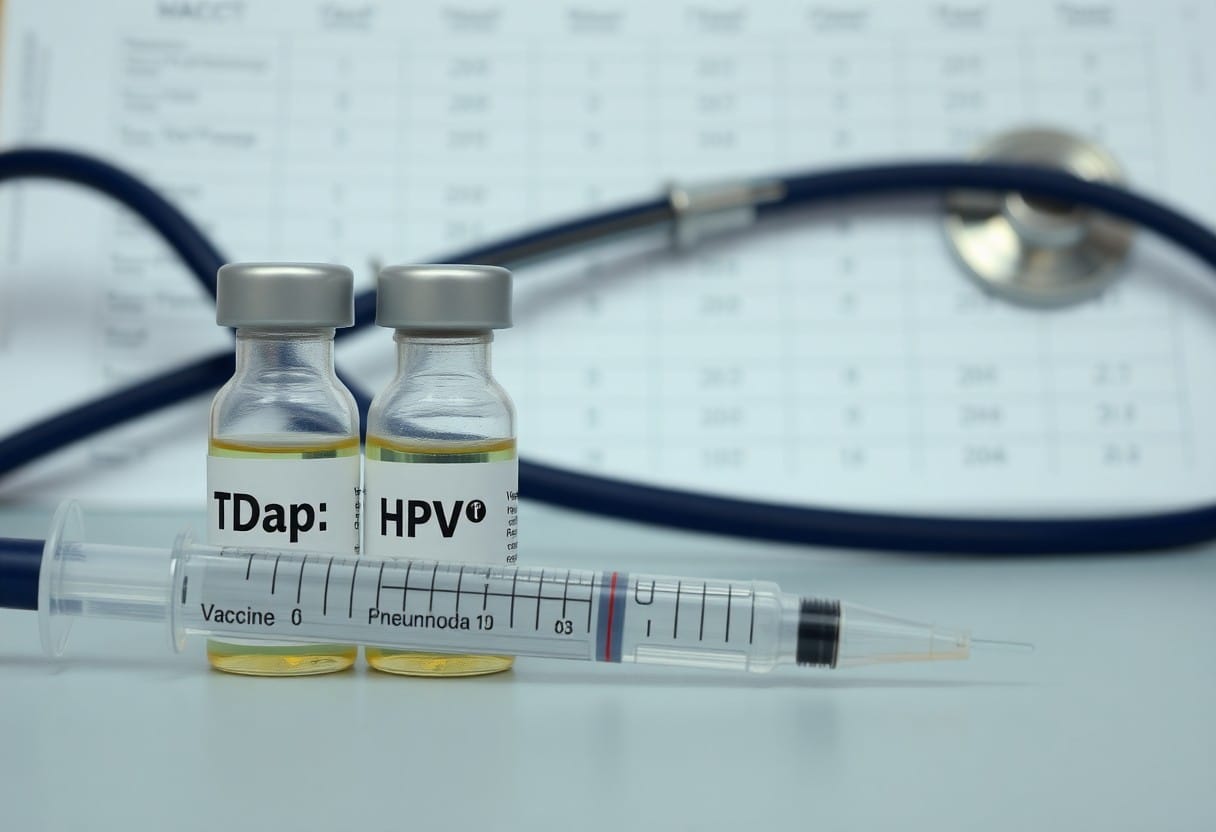
Reporting SIRVA Cases
Once again, it’s important to recognize that reporting cases of SIRVA (Shoulder Injury Related to Vaccine Administration) is vital to enhance vaccine safety monitoring. You play a crucial role in providing valuable information that can improve vaccine administration practices and ultimately protect others from similar injuries.
Importance of Reporting
Among the many reasons to report SIRVA cases, one stands out—the aim to enhance knowledge and prevention strategies. By sharing your experience, you contribute to a comprehensive understanding of vaccine-related injuries, which can lead to better training and awareness among healthcare providers.
How to Report
Across various platforms, the process for reporting SIRVA injuries is designed to be straightforward. You should report any injuries to your healthcare provider, and they can assist you in filing a report with the Vaccine Adverse Event Reporting System (VAERS).
To facilitate the reporting process, ensure you have all relevant details regarding your vaccination and subsequent injury. Complete the VAERS form online or use a paper form available at healthcare facilities. Inform your healthcare provider of your injury so they can help guide you through reporting and documenting your experiences. Your account can significantly inform healthcare practices and help prevent future incidents, benefitting others who receive vaccines.
To wrap up
Summing up, understanding the hidden risks associated with Tdap, HPV, and pneumonia vaccines, particularly SIRVA, is vital for your health management. Being aware of how vaccine administration can lead to shoulder injuries or complications can empower you to communicate effectively with your healthcare provider. This knowledge allows you to make informed decisions and take the necessary precautions to protect yourself during vaccinations. Prioritize discussing any concerns you may have, ensuring that your overall vaccination experience is as safe and effective as possible.


